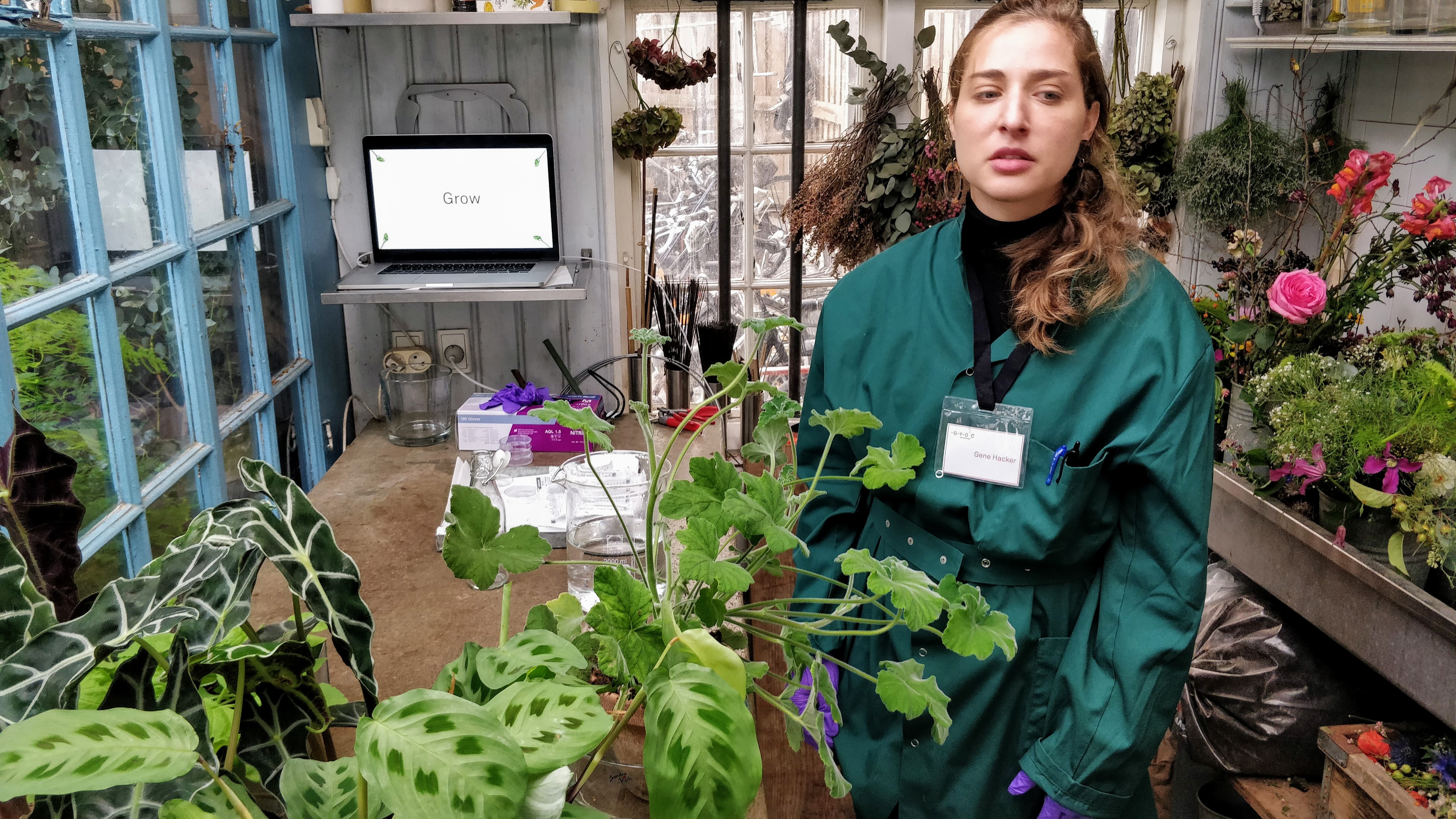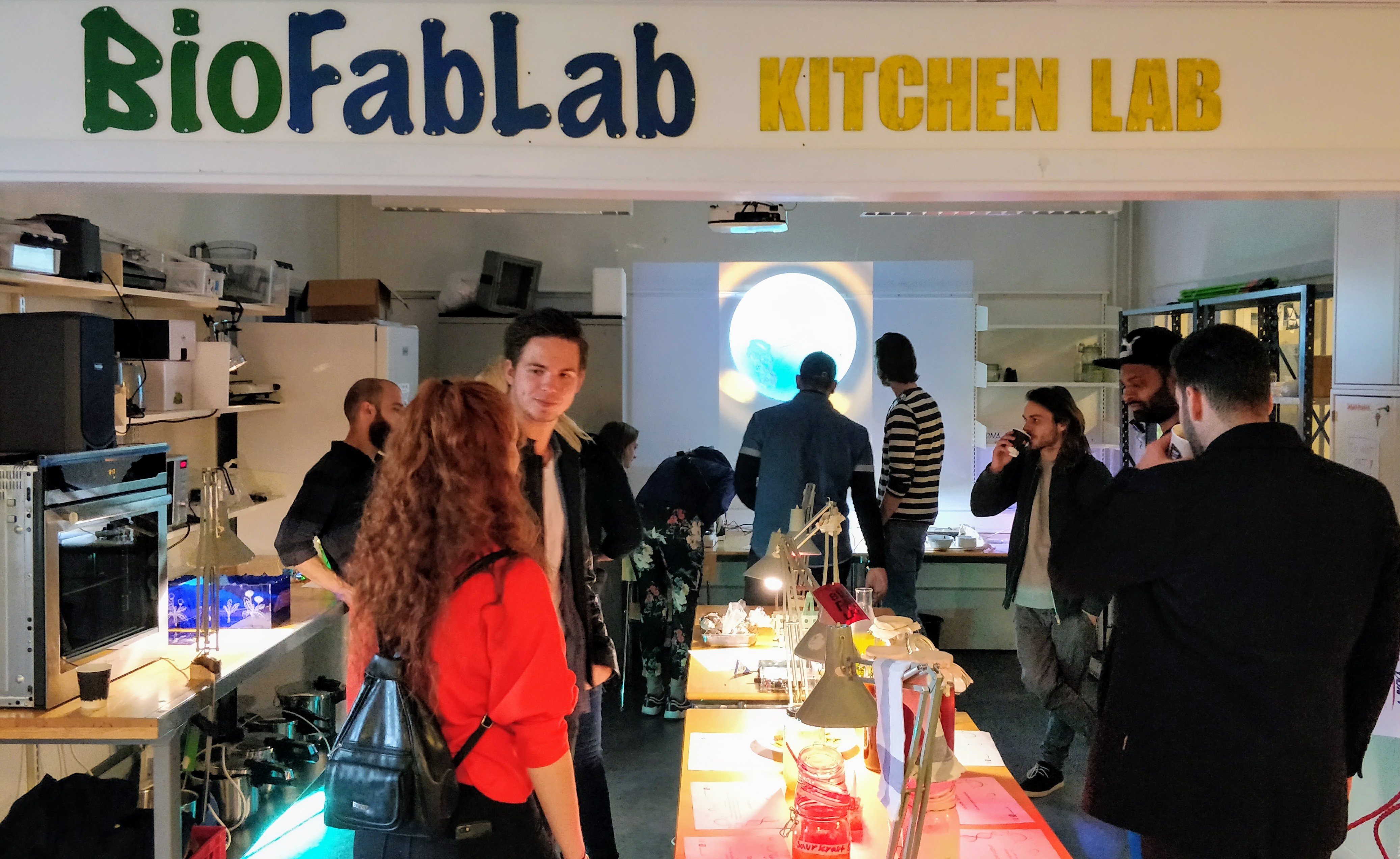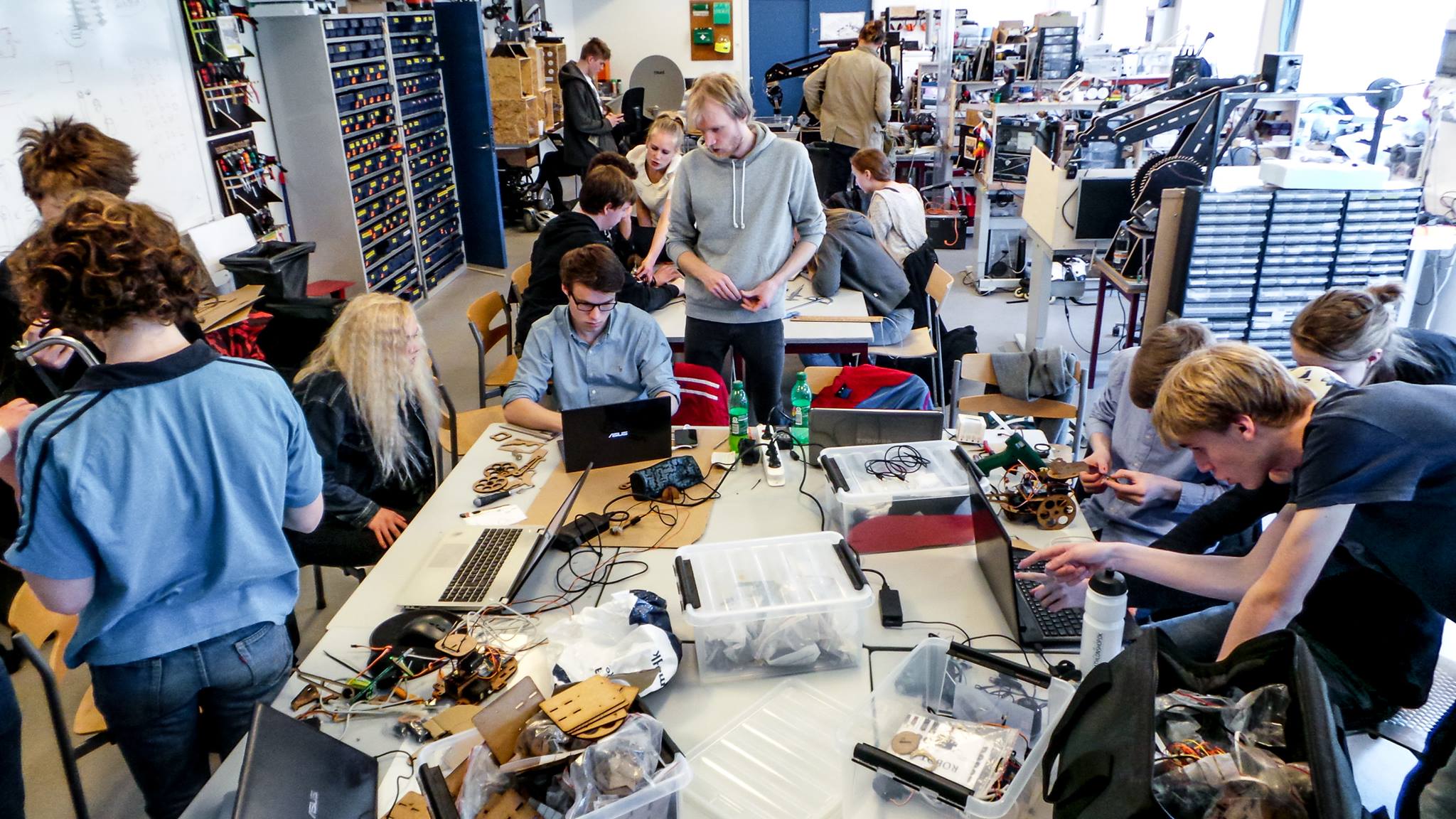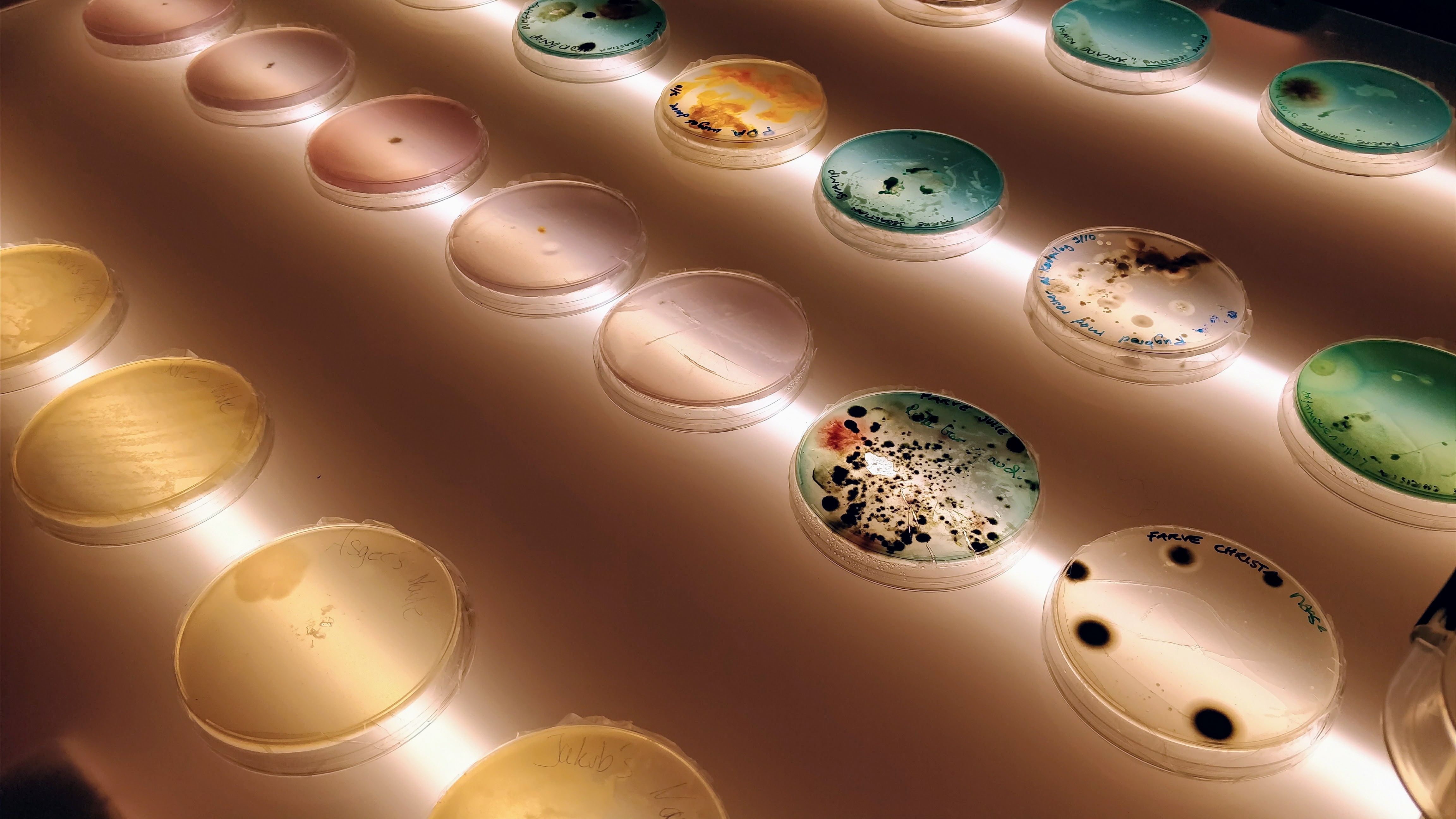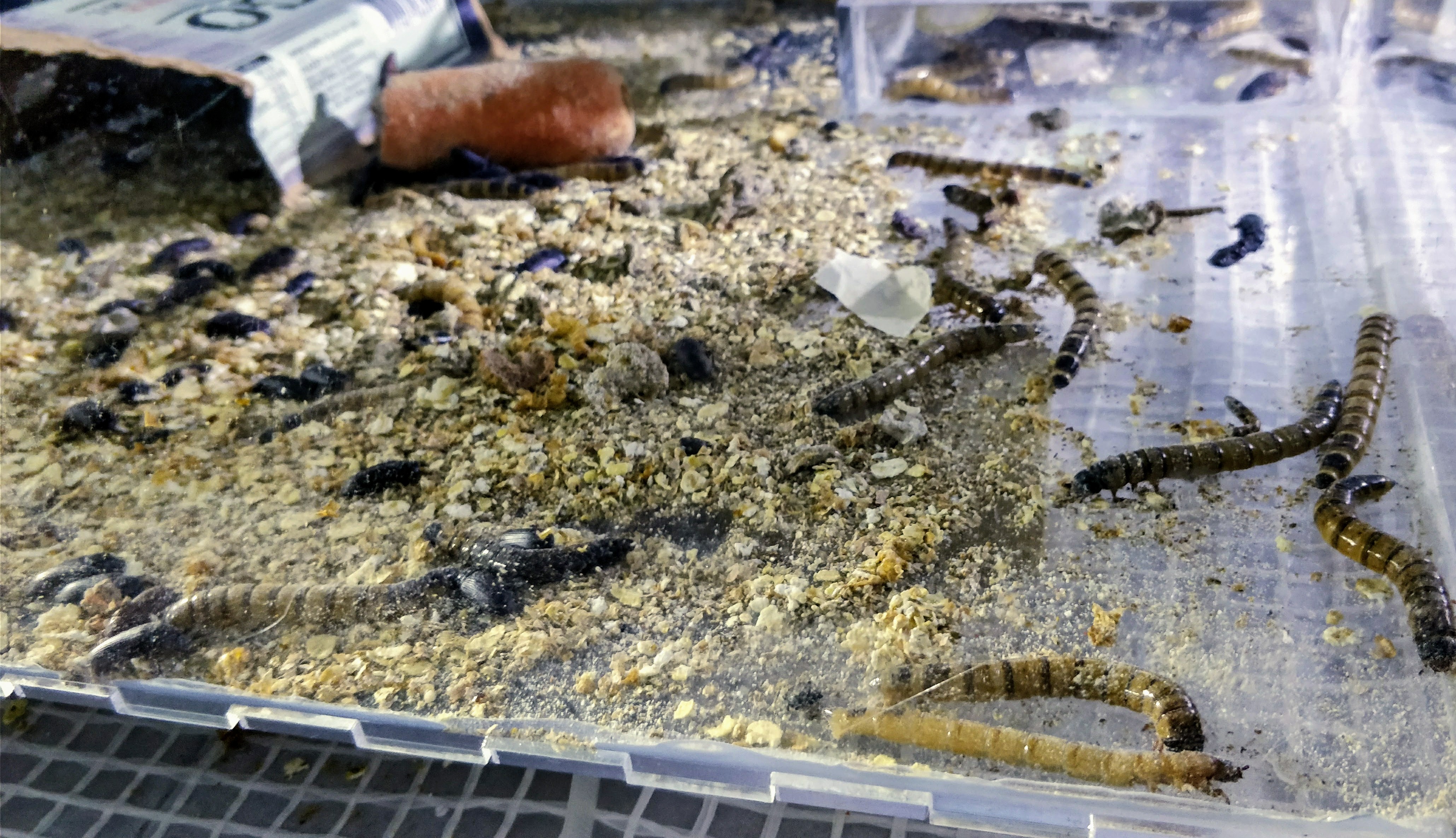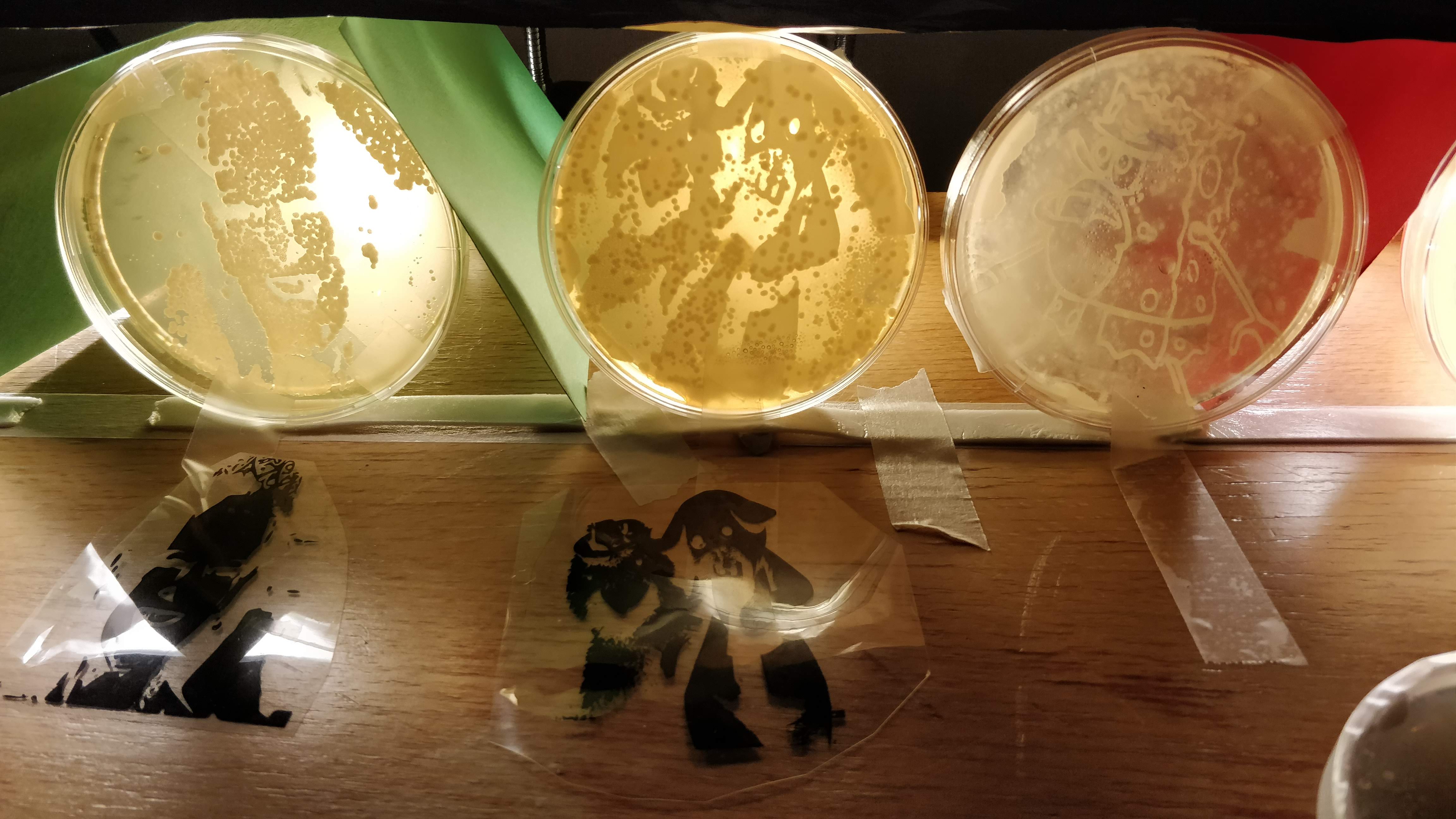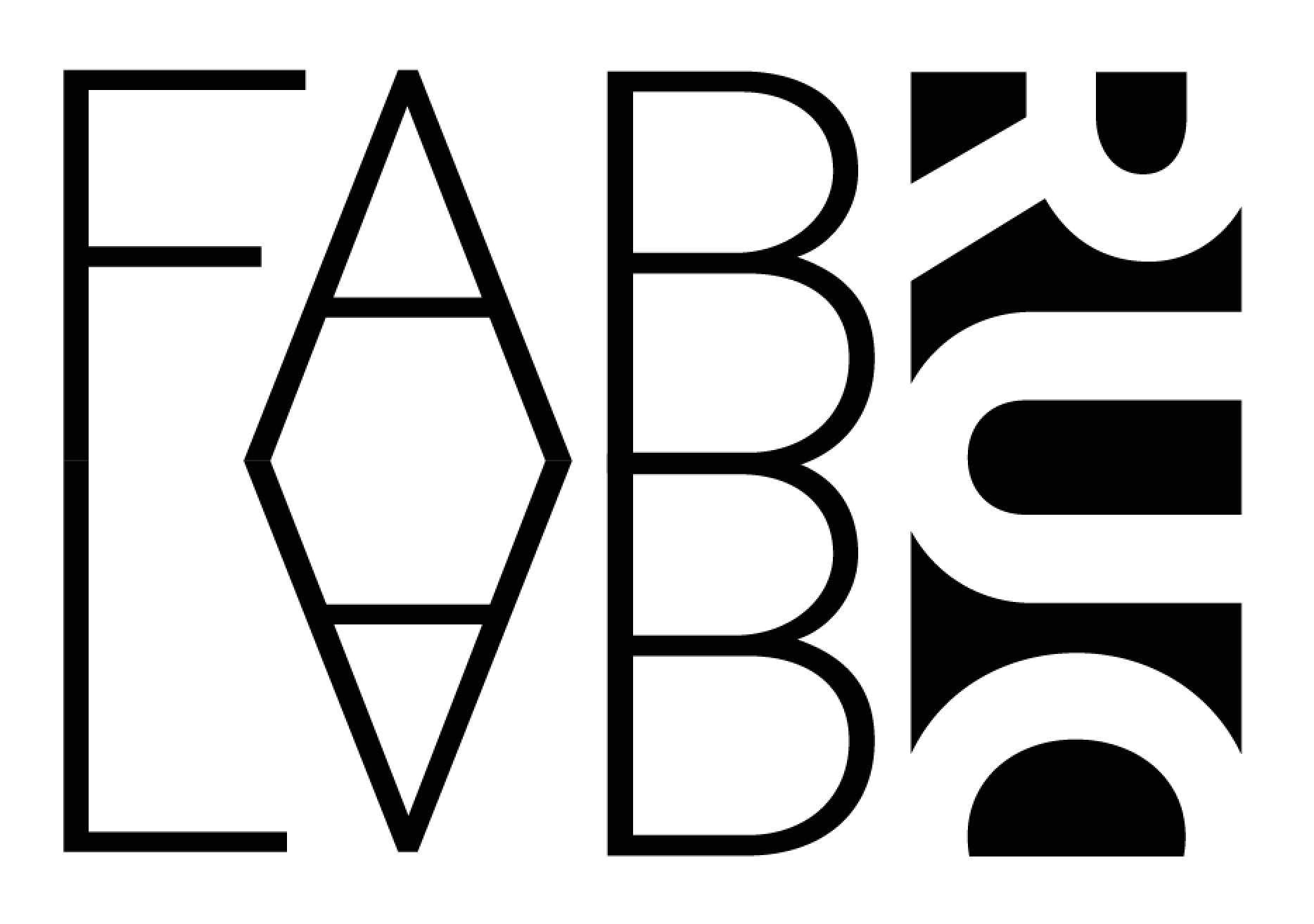Biofabbing & Ecology - BioFabLab Summer Workshop summer 2019
A 2 week introduction workshop to interactive digital systems through biology, ecology and environmental sensors
@FabLab/BioFabLab RUC, Copenhagen.
17/6-6/7. Course includes evening program and field work in the nature. Roskilde Festival which you may wish to participate in is June 29 to July 6th. The course is modelled on and similar to the "making things" course, but focused on measuring environmental data and nature-human-interactions.
Course Description
We are surrounded inside and out by bacteria and microbes, we are eating living organisms, animals and plants, and we are ourselves an animal. Everything we do and design interact with the ecosystem that we are a part of. As technologies in biology advance, we not only encourage but find it crucial for different disciplines to come together, and understand how we effect and co-evolve our biosphere.
There is a hunger for "green" and "sustainable" solutions in society, but what does this mean? and what do these solutions look like? How does ecosystems actually work? How can we look at the state of them, the nutrients, the chemicals, the microorganisms and the larger organisms living there?
It is the aim of the course to qualify the student in interdisciplinary development work, particularly in preparation for professional functions in design, data collection, prototyping and development and interventions that help to understand the dynamics of complex systems.
At this course you will get a hands-on introduction to biology and ecosystems. We will look at the abiotic components, the primary production, energy generation and conversion. Look at how you measure these parameters and grow different organisms from bacteria, fungi and algae to plants. We will learn about standard methodologies to analyse the environment and observe cells and microbes, by measuring abiotic parameters. we will develop the systems to do this and discuss the limits and possibilities and reflect on and apply them for alternative applications.
It is an intense workshop where participants and teachers will work hard, and we expect you to make an effort for the learning and fun of everybody.
Learning objectives
The aim of this course is that the students:
- get knowledge about technical terms and user situations in interactive digital systems
- Get an introduction to ecology & ecosystems
- Introduction to digital fabrication and maker skills.
- Introduction to physical and chemical factors, nutrients and mass balances in ecosystems.
- Collection of environmental data and samples.
- Performing test and experiments in the environment or with samples obtained in the environment.
- Conversations about ecosystems, nature philosophy, ethics, critical ecology & ecosystem design principles.
- Understanding of the principles and the use of technologies behind interactive digital systems
- Introduction skills in programming techniques for the development of interactive digital systems
- Get competencies in designing and testing solutions
- Get competence in surveying and reflecting on different solutions
Method
The students will gain this knowledge and expertise through:
- Self study, reading and lectures.
- Problem based teamwork, collaboration and peer-learning.
- Applying academic skills in the real world through hands-on testing, interaction and experiences.
- Rapid prototyping of interventions, test and experiments.
- Integrating the knowledge by modifying and building devices that can be used for environmental data collections, observations, or demonstrating scientific, artistic or design oriented concepts.
- How to program an Arduino microcontroller, sensors, actuators and measuring the real world.
- laser cutting and other maker skills.
Course Outline
Week1:
Intro arduino & programming
Interactive installations
Environmental sensors and Ind/Out of systems
Week2:
Collecting environmental data in field, urban and festival setting, and discussing the similarities and differences.
Ecosystems, primary production & Nutrient flow.
Ecological niches, human-nature-technology interaction and systems
Biodesign & living architecture
Building own design
Week3:
Building interactive ecosystem installations (Festival, nature, urban urban environment)
Field test (festival, nature, urban environment)
Exam
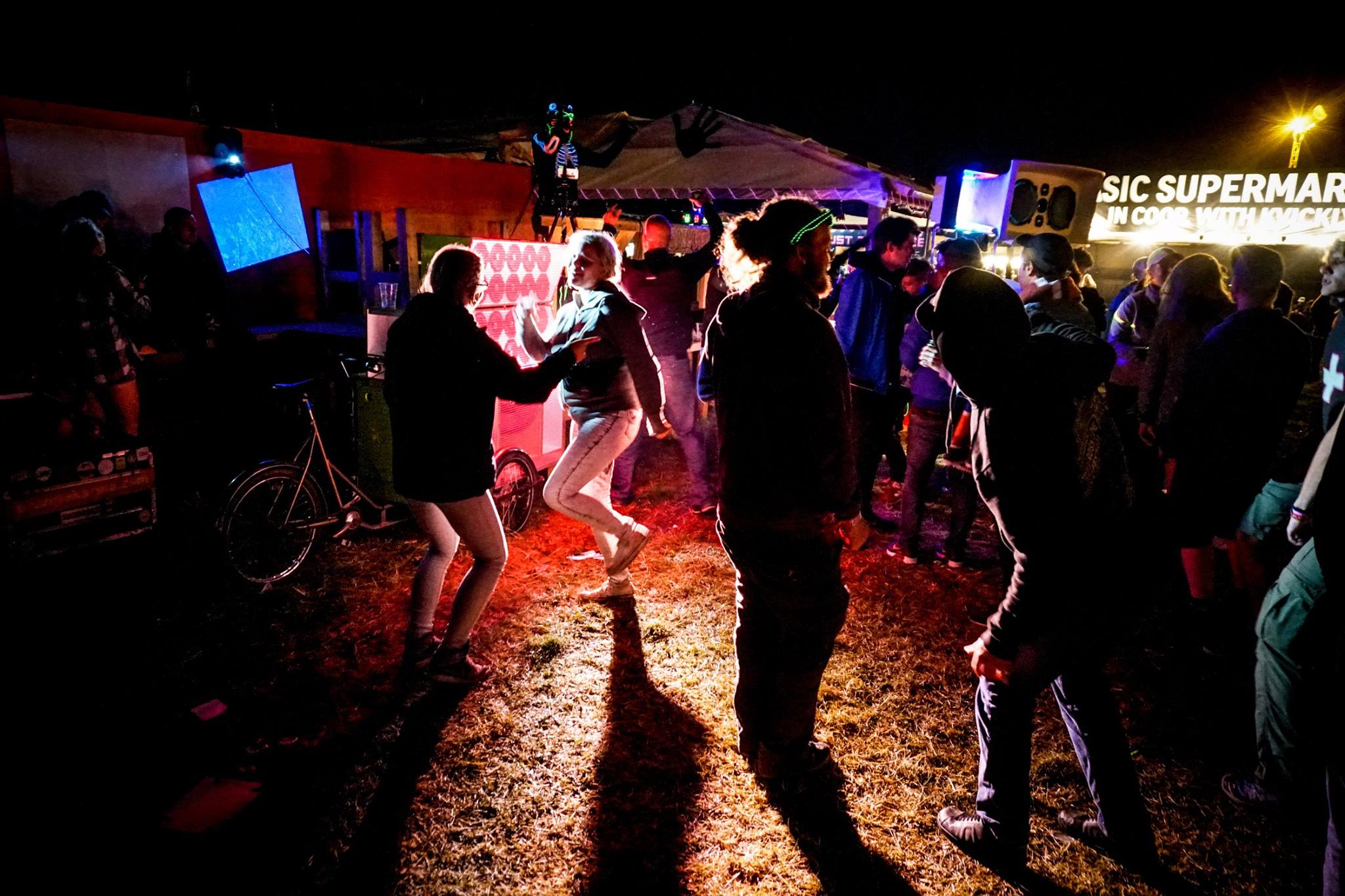
There will be some kind of real-world field testing and running a workshop at Roskilde Festival.
Course assignment, product & requirements
The course assignment and product will be to design, modify and build a device, system or installation that interact with living biology for data collection, have an aesthetic expression, solves a real world problem or creates a meaningful biological experience. The groups will present their experiments and clarify for the system dynamic, how that relates to the ecosystems, their starting point, insights from research and tests.
It is a full time course and students are required to be present and participate. Hand-in small assignments during the course, hand in and contribute to the final project work, and show a basic understanding of the curriculum at the end of the course.
The course is offered for international students. It is particularly useful for anyone interested in applying data logging, simple coding, iterative design in the field of ecology & sustainability. It is developed for everybody to get a quick and hands-on understanding of programming, data logging, ecology and sustainability, no matter study and background.
Practical information
Max 20 participants
Requirements
You should have an interest in biology, plants, microorganisms ect. and be curious to learn to build things that can be used to study the environment, and an open mind. No previous biological, coding or technical experience is needed.
We do though require that you have read up on basic chemistry and biology. A small list of online lectures and courses will be available covering:
* Basic chemistry: Atoms, Periodic table, acids & bases.
* Chemical reactions and equilibrium
* Basic biology: The cell elements and names
* basic ecology.
Teachers
- Martin Malthe Borch. Biological engineering, Ecosystem Design Principles.
- Sara Daugbjerg. Programming, Urban planning, Geography, maker culture.
- Nicolas Padfield. Programming, Sensors, Rapid Prototyping
- Schack Lindemann. Computer Controlled Machines
- Nikolaj “DZL” Møbius. Electronics, sensors, Microcontroller Programming
- Bo Thorning. Laser Cutting, Programming, Sensors
- Assistance: Teaching assistans and interns from FabLab and BioFabLab.
Formal
The course is formally Fagmodulkursus 3b: Interaktive Installationer - Interactive Installations, Informatics.
So do note this is an informatics course, and the transcript will read "Interactive Installations".
The course is a 5 ECTS point course.
What students said about previous workshops at FabLab RUC
- Learnt more in these 3 weeks than last 4 years
- Excellent course
- Absolutely wonderful program, learned way too much in the space of three weeks (definitely a good thing!), will definitely be recommending the program to other students
- Amazing 3 weeks”
- Loved the program. Highly recommend.”
- Loved the program! Will do it again if the chance.
- It was a fantastic course, I'm so glad i enrolled in it
- A very special mention goes out the the ridiculously innovative FabLab team at RUC for being amazing in every sense- 'legendary' is the only word which seems to even remotely describe the level of creativity, talent and genius which is fostered and nurtured here.
Fotos from previous workshops and biofablab events and collaborations
